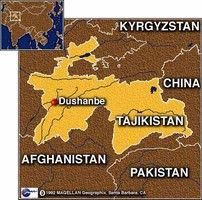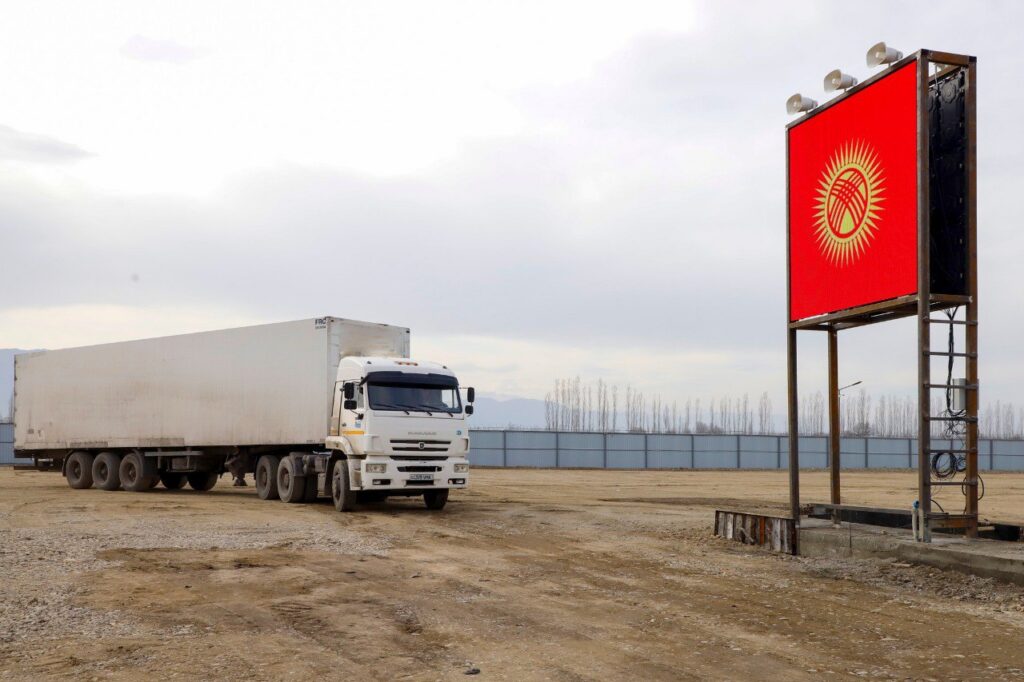DUSHANBE (TCA) — The results of the high frequency survey Listening to Tajikistan covering the period of September to November 2015 were published on February 8 on the World Bank Tajikistan website. The survey aimed at measuring the impact of the economic slowdown in 2015 on households in Tajikistan was initiated by the World Bank in May 2015, with the opening of the high season for many workers from Tajikistan working abroad.
The Listening to Tajikistan survey collects household data to analyze migration and remittances, income and employment, deprivation and subjective wellbeing, and quality of and access to electricity and water services. It tracks the wellbeing and deprivations of a nationally representative random sample of 800 households in Tajikistan, the World Bank said.
According to the latest results, between September and November 2015 per capita income for the top 60 percent of households increased by over 30 percent, while the per capita income for the bottom 40 percent of the population dropped by about 20 percent. The increase for the top 60 percent of households is mainly due to agriculture, self-employment and remittances, while the drop of income for the bottom 40 percent is due to lower levels of employment among household heads, a decline in average wage income, and a smaller share of bottom 40 percent of households receiving any income at all. In the latest round, average remittance amounts were smaller, and fewer bottom 40 percent of the households received them.
After September 2015, Kazakhstan has been steadily losing ground as a preferred migration destination, which may relate in part to the depreciation of the Kazakh tenge that took place in Kazakhstan in August and September 2015.
Subjective wellbeing of households measured by the ability to buy food, pay for utilities, healthcare and other basic needs improved during September-November, compared to May 2015. Despite this improvement, 50 percent of households still reported reduced food consumption in order to be able to pay for other basic needs in November 2015.
For those households with electricity outages, the average number of days on which households experienced outages climbed to almost 10 out of 10 days for households in rural areas during the months of October and November 2015. Outages for households in urban areas have remained relatively stable over the same period. This is linked to seasonal electricity rationing in affect as of October 1, 2015. Water disruptions became more common in urban areas since September 2015 due to seasonal trends, with an increasing share of households experiencing disruptions.
Detailed results of Listening to Tajikistan survey are available at www.worldbank.org/tj/listening2tajikistan.
The survey is expected to continue with monthly update until June 2016.









